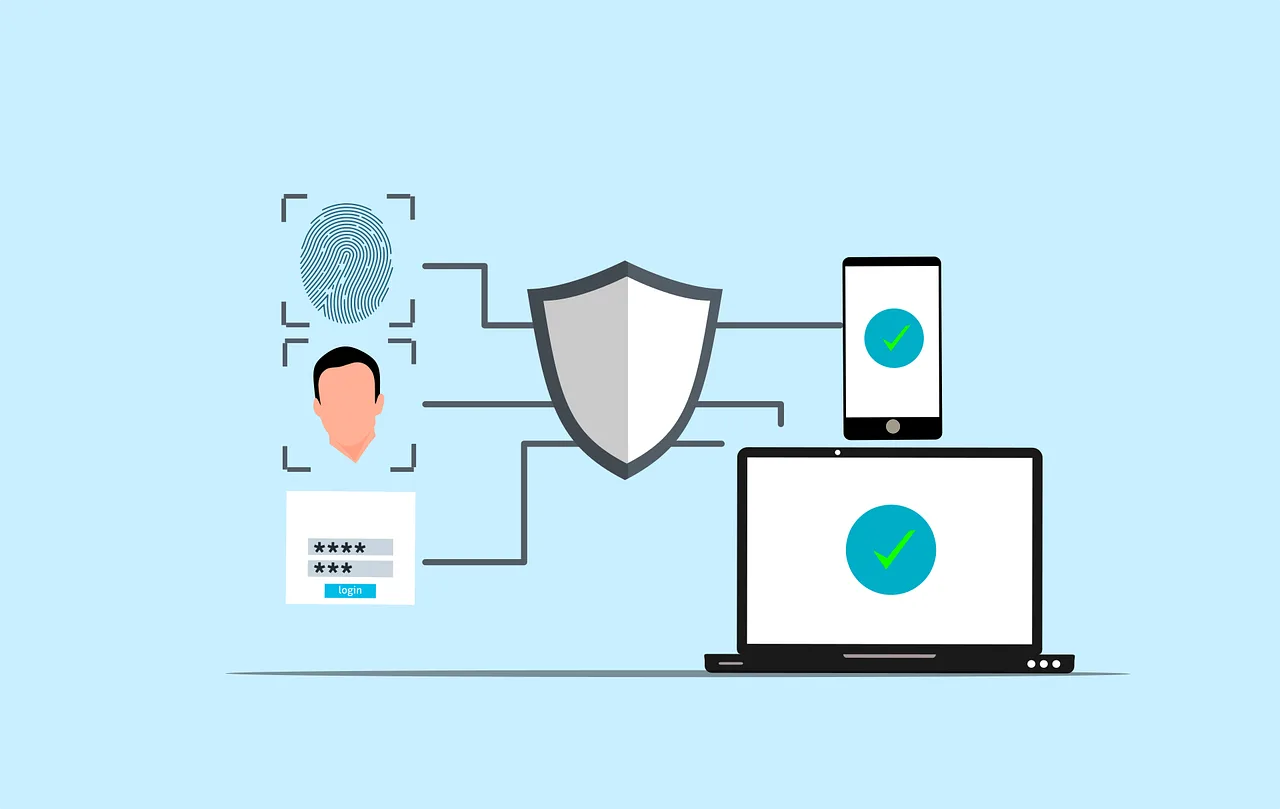Deepfake videos of both Russian President Vladimir Putin and Ukrainian President Volodymr Zelensky have appeared online this week, both with quite different messages.
What Are Deepfake Videos?
Deepfake videos are made using deep learning technology and use manipulated images of target individuals (found online), often celebrities, politicians, and other well-known people to create very convincing videos of the subjects saying and doing whatever the video-maker wants them to.
President Volodymr Zelensky’s Deepfake – “Childish Provocation”
A deepfake video of President Zelensky was posted on his official Instagram account last week. The obviously fake video of President Zelensky, which was so poor that it prompted much ridicule from Ukranian viewers, gave a false message that President Zelensky was thinking about surrendering to Russia. The poor-quality video was dismissed by President Zelensky as “Childish Provocation”.
However, the posting of the video prompted a warning from the Ukrainian Centre for Strategic Communications that Putin’s government may use more deepfakes to convince Ukrainians to surrender.
Removed By Meta
The fake video of President Zelensky talking about surrender had been posted on Meta (Facebook) and its Russian counterpart VKontakte. Meta quickly removed the video from its platform for breaking its rules relating to “manipulated media”.
Warning In March
It had been anticipated that deepfakes may be one of the weapons used in the cyber war against Ukraine which has accompanied the physical attacks. Earlier this month, for example, Ukraine’s Centre for Strategic Communications warned that that Russia may use altered videos of President Zelensky in order to distort public perception of the invasion.
Putin Video
The Putin deepfake video, posted on Twitter, showed the Russian president announcing the surrender of Russia and asking Russian troops to drop their weapons and go home. A close examination of the video revealed that it had been made using clips from an address delivered by Putin on Feb 21.
What Does This Mean For Your Business?
Deepfakes are now becoming more common and the case of these two videos shows how deepfakes are likley to be used and weaponised in future conflicts, elections, and other campaigns as a propaganda tool. Although, as in the case of the President Zelensky video, the quality may be poor, these videos are likely to improve in future to the point where they could be convincing to many viewers and could be widely shared, thereby successfully influencing some opinion. Deepfake videos are part of the wider challenge of fake news that today’s social media platforms are facing and, in this case, Meta’s rules on manipulated media could be used as a legitimate reason to remove the video from its platform.
Recent Blogs
Related posts
Feeling Let Down by Your Current IT Provider? Here’s What to Look For Instead
You send in a support request but you’re left waiting. You chase up the ticket only to get vague updates or radio silence, all the [...]
A Small Business Guide to Implementing Multi-Factor Authentication (MFA)
Have you ever wondered how vulnerable your business is to cyberattacks? According to recent reports, nearly 43% of cyberattacks target small businesses, often exploiting weak [...]







